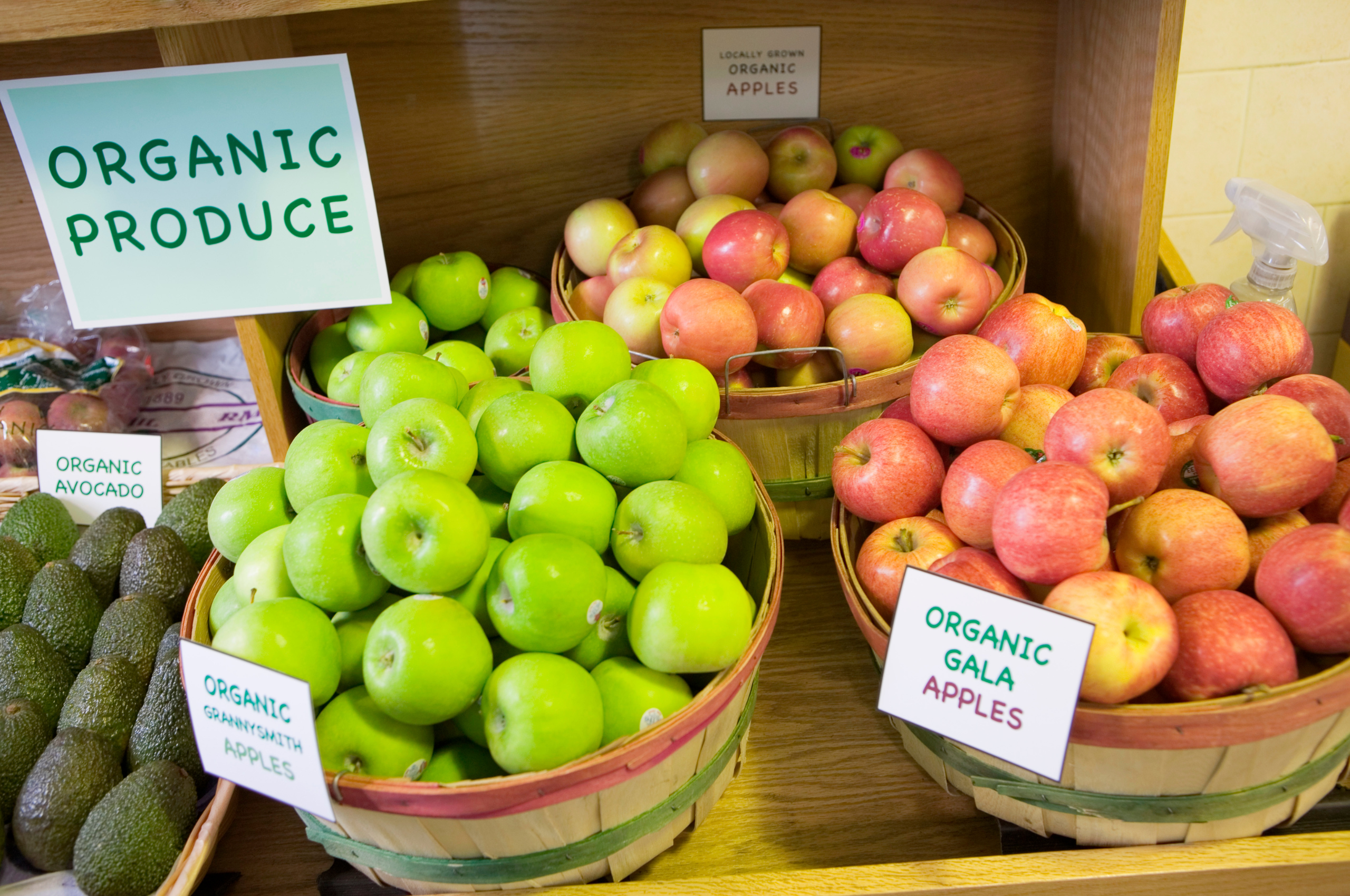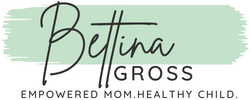
As a mom and most likely the nurturer of your family, one of your top priorities is likely to ensure the health and well-being of your children. But did you know that the quality of food you serve them can play a significant role in their overall health and development?
In my blog article “Inflammation: Understanding Its Role in Children's Health” I introduced you to the five triggers of inflammation and the importance of reducing inflammation, especially in children, to avoid a lifetime of compromised health. Definitely go and read up on that subject if you haven’t already.
All of the problems that kids have, from recurring infections and asthma to allergies, skin problems, behavioral issues, and emotional problems, are derived from inflammation.
When your child is sick, they have an inflammation cascade going on, which is like a fire inside of them. In TCM we actually talk about heat and fire when we come up with a disease pattern as part of the diagnosis.
Well, environmental toxins are one of those five triggers causing inflammation.
The goal is to stop "throwing gasoline on the fire" and the question is where the gasoline is coming from to fuel the inflammation. In many cases that's the environment.
In an interesting conversation I had with Dr. Tom O’Bryan, he showed me some studies that made it clear that our kids are already exposed to toxins when they are in the womb. That exposure may even cause them to be born with a reduced IQ.
One way to reduce the risk of toxic overload and the inflammation it causes is to eat organic.
In fact, research has shown that if you eat organic, the percentage of toxic chemicals is reduced by 91%. In the study, people started to increase their intake of fruits and vegetables, but using conventionally grown produce.
The study showed that they started to get more toxic chemicals through their supposedly healthier diet.
These toxins accumulate in our bodies and can affect how our bodies operate in the future.
On the contrary, if you eat organic, the percentage of these toxic chemicals is reduced by 91%.
However, if you can't eat organic all the time, there are still steps you can take to minimize your exposure.
So, if you can't eat organic all the time, what can you do?
Step one: Go to the Environmental Working Group (EWG) website and check out the "Dirty Dozen." These are the foods that have the most pesticides and insecticides if grown conventionally. Definitely stay away from these.
Step two: Get a list of the "Clean 15." These are the foods that have the least amount of insecticide and pesticides in them and are much safer to use if grown conventionally.
Step three: Use a veggie wash that will remove 90% of the insecticides and pesticides.
What happens if too many toxins accumulate in your child's body?
The immune system gets activated, causing more and more inflammation. The inflammation pulls on the chain, which breaks at the weakest link - a genetic weakness - causing conditions such as ADHD, autism, asthma, and emotional volatility. It just depends on where the weak link is.
According to the total load theory, at some point, which varies widely between individuals, the body can no longer handle the "load" of stressors such as nutritional deficiencies and toxic exposure, and begins to show signs of that burden.
To minimize inflammation and the negative consequences it can have on our health, it is important to adopt a healthy lifestyle that includes a balanced diet, regular physical activity, stress management, and avoidance of environmental toxins as much as possible.
Eating organic produce is one way to reduce exposure to pesticides and other toxins that can contribute to inflammation.
It's also important to follow other practices that can help reduce toxic overload, such as using natural cleaning and personal care products, filtering or distilling tap water, and avoiding the use of tobacco, especially when we are with kids.
By making these types of choices and minimizing our exposure to environmental stressors, we can help support our body's natural ability to manage inflammation and maintain optimal health.
To help you make healthier choices when it comes to produce, the Environmental Working Group (EWG) publishes an annual "Shopper's Guide to Pesticides in Produce" that ranks pesticide contamination on 47 popular fruits and vegetables.
The top 15 foods with the least pesticides are called the "Clean 15," while the 12 foods with the most pesticides are called the "Dirty Dozen."
These lists are a great resource to take with you on your shopping trips to know when to buy organic and when it's okay to buy conventional.
Here are the latest "Dirty Dozen" and "Clean 15" lists for 2024:
Dirty Dozen
- Strawberries
- Spinach
- Kale, collard & mustard greens
- Grapes
- Peaches
- Pears
- Nectarines
- Apples
- Bell and hot peppers
- Cherries
- Blueberries
- Green beans
Clean 15:
- Avocado
- Sweet corn
- Pineapple
- Onions
- Papaya*
- Sweet peas (frozen)
- Asparagus
- Honeydew melon
- Kiwi
- Cabbage
- Mushrooms
- Mangoes
- Sweet potatoes
- Watermelon
- Carrots
You can find the full lists and more information about the "Dirty Dozen" and "Clean 15" on the EWG website Dirty Dozen and Clean 15 .
I hope by now you realize the importance of eating organic cannot be overstated.
It can help reduce the risk of toxic overload and the inflammation it can cause, supporting the health and well-being of you and your whole family.
By making informed choices about the food you serve your family and taking other steps to minimize your exposure to environmental toxins, you can help ensure that your family is as healthy as a horse.
3 Guidelines for going organic as an empowered mom
- Become aware of your shopping habits and which foods you need to replace
- Check the “Dirty Dozen” and “Clean 15” to choose your replacement
- Make your own veggie wash or purchase a non-tox veggie wash
Together, we can work on reducing the total burden on our bodies and support the health and well-being of our families.
Much love and healing,
xx Bettina


0 comments